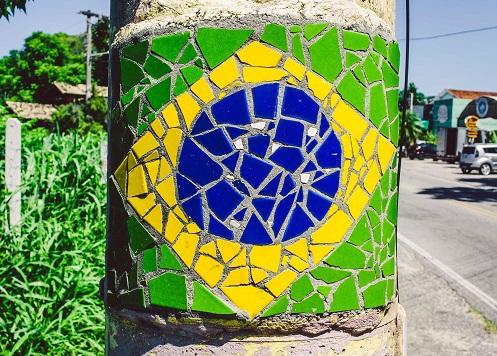Proclamation of the Republic

The Beginnings of Brazilian Democracy
Anyone planning a trip to Brazil likes to intensively study the country and its people. Of course, the history of the country should not be neglected. On the fifteenth of November, the "Proclamacao da Republica" is commemorated. A national holiday that celebrates Brazil's first steps into democracy.
After independence from the colonial power Portugal in 1822, a monarch ruled the newly founded state. Already the second emperor Dom Pedro got big problems in his term of office from 1840 on. Revolutionary trends in politics and various interest groups made his government business more difficult. Despite mediation efforts, he was unwilling to achieve reconciliation. Above all, the controversial question of slavery led to immense tensions. Intellectuals, the military, and the press demanded the abolition of serfdom to reform Brazilian society and economy. Opponents of slavery saw it as the cause of Brazil's backwardness. Fazendeiros (large landowners) from the northeast and south opposed it. Coffee farmers from the São Paulo region, on the other hand, voted for the remuneration of qualified workers. The result was an almost irreconcilable division of the country. The final abolition of slavery in 1888 - Brazil was the last country to allow slavery up to that point - drove the conflict ahead. The majority of the abolitionists supported the sole ruler, who himself pushed for the abolition of serfdom. During this period, republican ideas gained popularity. Brazil was the only monarchist-ruled country in America and now developed into a stage for republicans. These inspired more and more layers of society. At the same time, the unconditional support of conservative politicians for the emperor dwindled. Every day the ruler seemed to prove that he was no longer able to unite his divided empire and lead it into the future. The Catholic Church with its great influence on the population also became an opponent of the monarchy. A constitutional clause gave Dom Pedro the privilege of appointing priests, bishops, and cardinals. He was a professed freemason and accordingly he distributed his favor. In 1864 the Vatican officially banned the existence of freemason churches. The emperor punished churchmen in Brazil who followed the pope. In Rome, the Brazilian monarch was then declared authoritarian and apostate. The split was irreversible.
In the same breath, the political influence of the military grew. With the overwhelming victory in the Paraguay war, the number of admirers increased. Many young men from the middle and lower classes joined the army. The army was characterized by positivist ideas. The order was regarded as the way to progress, which increased its importance for the country. The army did not feel valued by the head of state and went so far as to refuse orders and publicly criticize. The republican parties "Partido Republicano" and "Partido Republicano Paulista", founded in 1873, made targeted use of the armed forces to push forward the overthrow of the government. In parliament, the emperor's reformist ideas were blocked, and the press further inflamed the mood. In 1889 Dom Pedro was finally overthrown. The supreme army commander Marechalo Deodoro da Fonseca marched with his troops into the then capital Rio de Janeiro and drove the imperial family into exile. On November 15th, the Republican politician Jose do Patrocinio proclaimed the new form of government.
The country's colonial heritage is still present in many places today. It is easy to turn a Brazil vacation into a history lesson and dedicate yourself to a journey into the past. So let's go!
Sources: mundoeducacao.com, brasilescola.com

